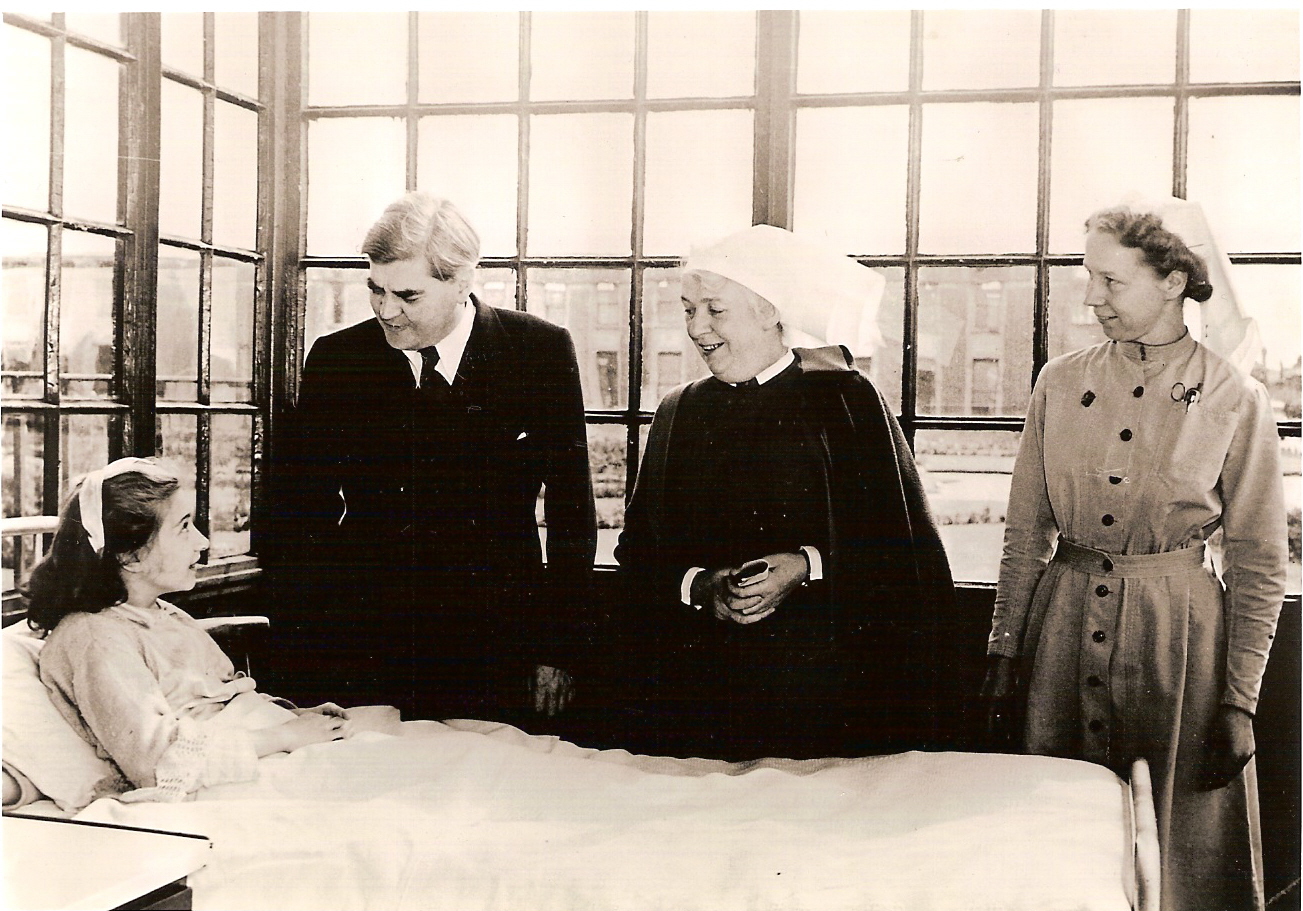
The future of the NHS
The NHS has spent 75 years looking after us. It deserves a huge celebration.
Then, for the next 75 years and beyond, it deserves looking after, too.
That means money, and, where appropriate, reform.
The UK’s population is getting older and cancer rates are rising, which means more of us will need more care.
We can expect radical changes to what that looks like. Better data and new digital tools will make a big difference in the years to come. If the last 75 years have taught us anything, it’s that the NHS will do everything it can to make sure they benefit all of us. Look what it’s done already.
In 1948, there were two ways to treat cancer. Doctors could cut it out with cold knives, or burn it up with radiation.
If those options weren’t available, there was no option at all.
They usually weren’t available.
Often, people weren’t even told they had the disease.
All the things we’ve listed above helped change that.
In the 1970s, when the UK began collecting detailed statistics, 24% of people diagnosed with cancer survived for 10 years or more.
By the 2010s, that proportion had doubled. Half of all people diagnosed with cancer now survive it for at least a decade.
Technologies change, but, ultimately, it’s people that made those improvements happen.
That’s why a fully funded workforce plan is so important to the future success of the NHS. To keep the advances going, we need to keep supporting and training everyone – from oncologists to housekeepers – that makes the NHS what it is.
To all of them: thank you.
Tim




